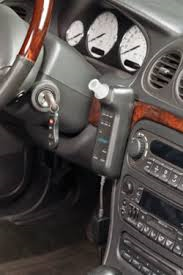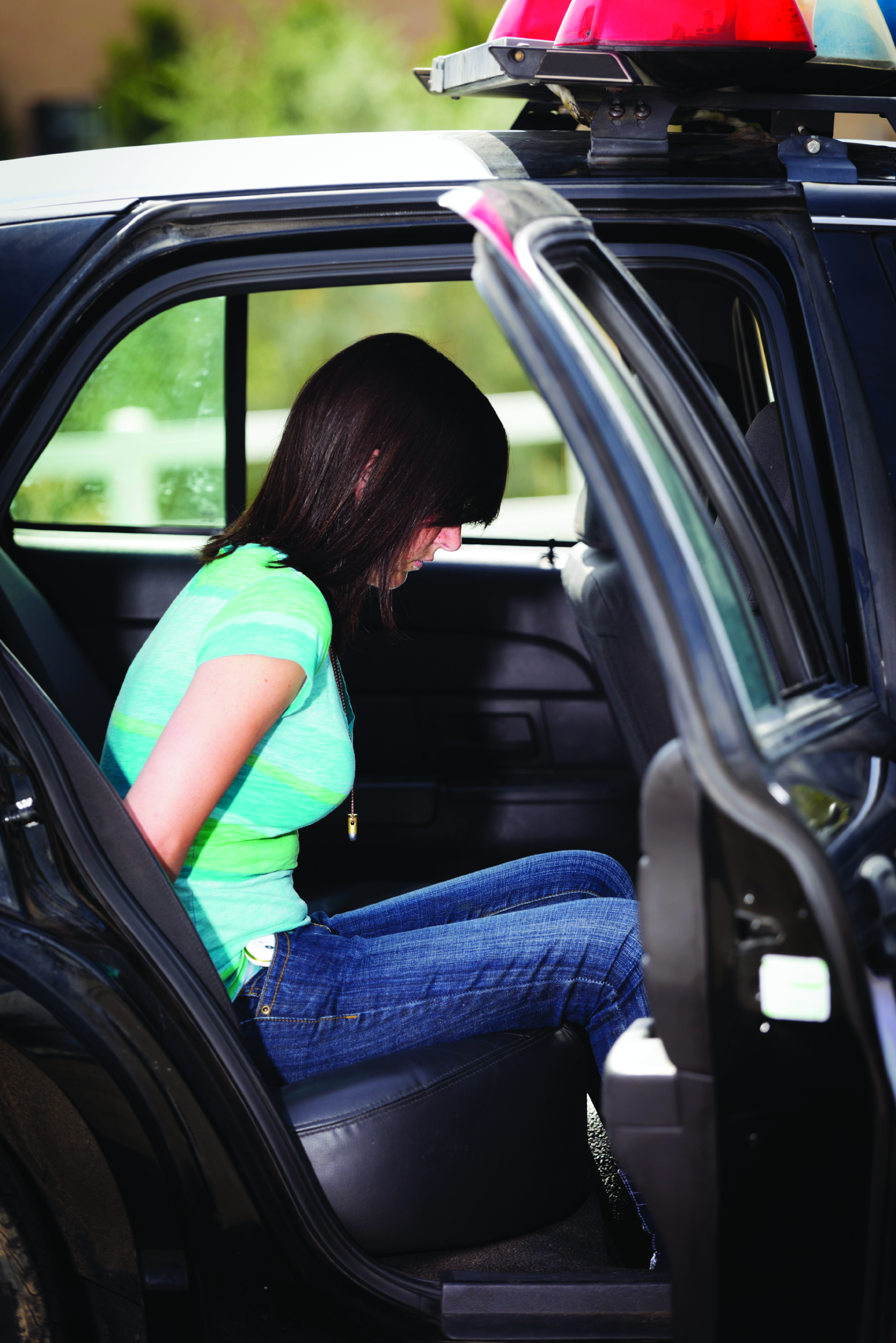The COVID-19 pandemic has, to varying degrees, affected the entire world. All but the most essential businesses and government services were ordered to shut down. And while things started to re-open a few months ago, the recent surge in cases in California and across the country has resulted in many businesses and government organizations shutting back down.
Of course, while these closures impact everyone, few people are more unfairly affected by these closures than those facing criminal charges. People, who remain innocent until proven guilty, have cases hanging over their heads or, worse yet, remain incarcerated as they wait for their cases to be heard.
In terms of the San Diego Superior Court, the court was closed on March 17, 2020, and remained closed for all but a very select few matters until May 26, 2020, when the court began its reopening process. The court then heard a few trials; however, the court shut back down in the fall due to a surge in cases. Currently, the San Diego Superior Court is conducting most types of hearings, especially for those facing serious criminal charges. However, most business is being conducted remotely, and the court will continue to rely on virtual hearings for the foreseeable future.
 San Diego DUI Lawyers Blog
San Diego DUI Lawyers Blog




 Today, the Supreme Court of the United States (SCOTUS) announced its decision in both
Today, the Supreme Court of the United States (SCOTUS) announced its decision in both